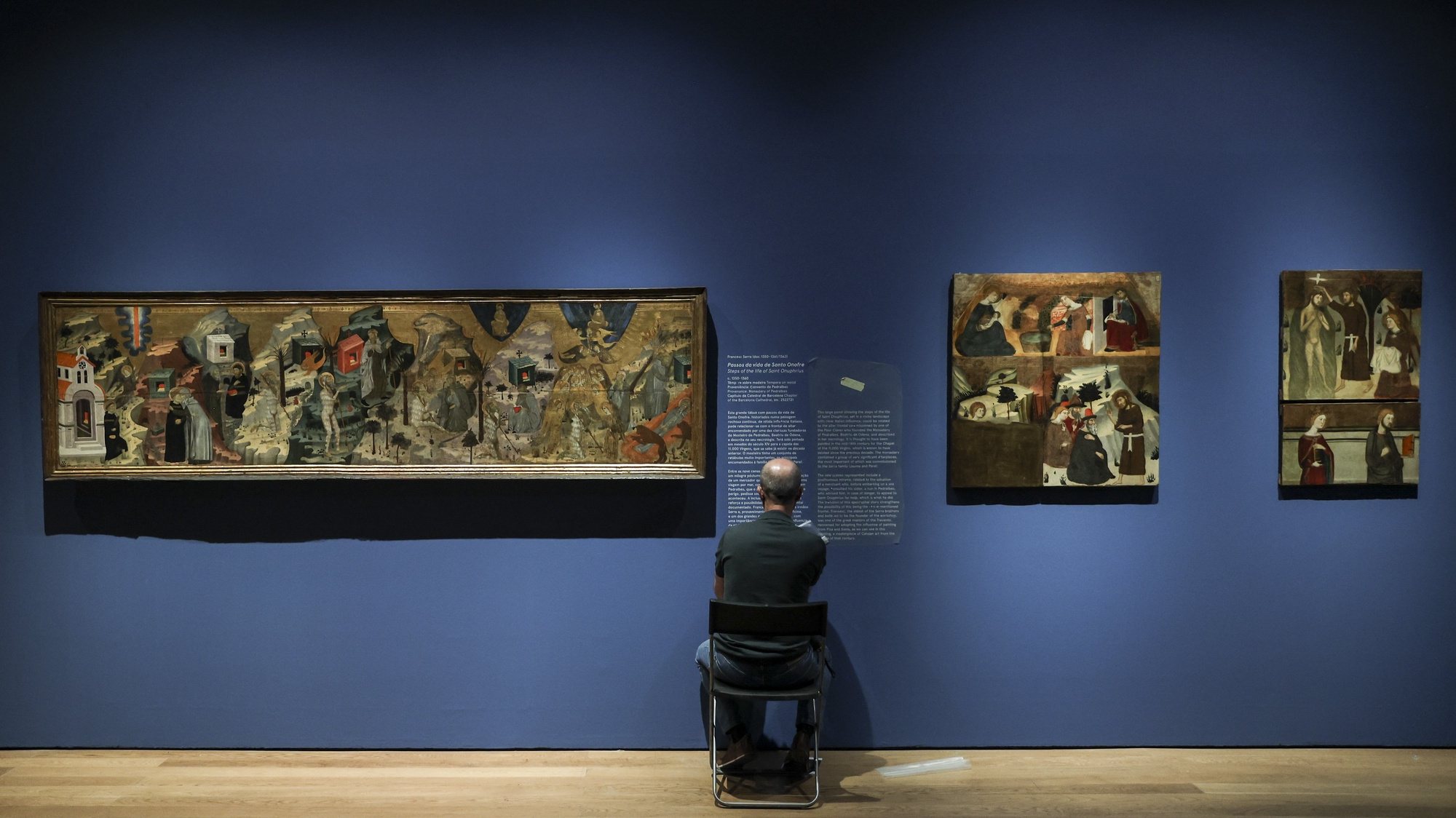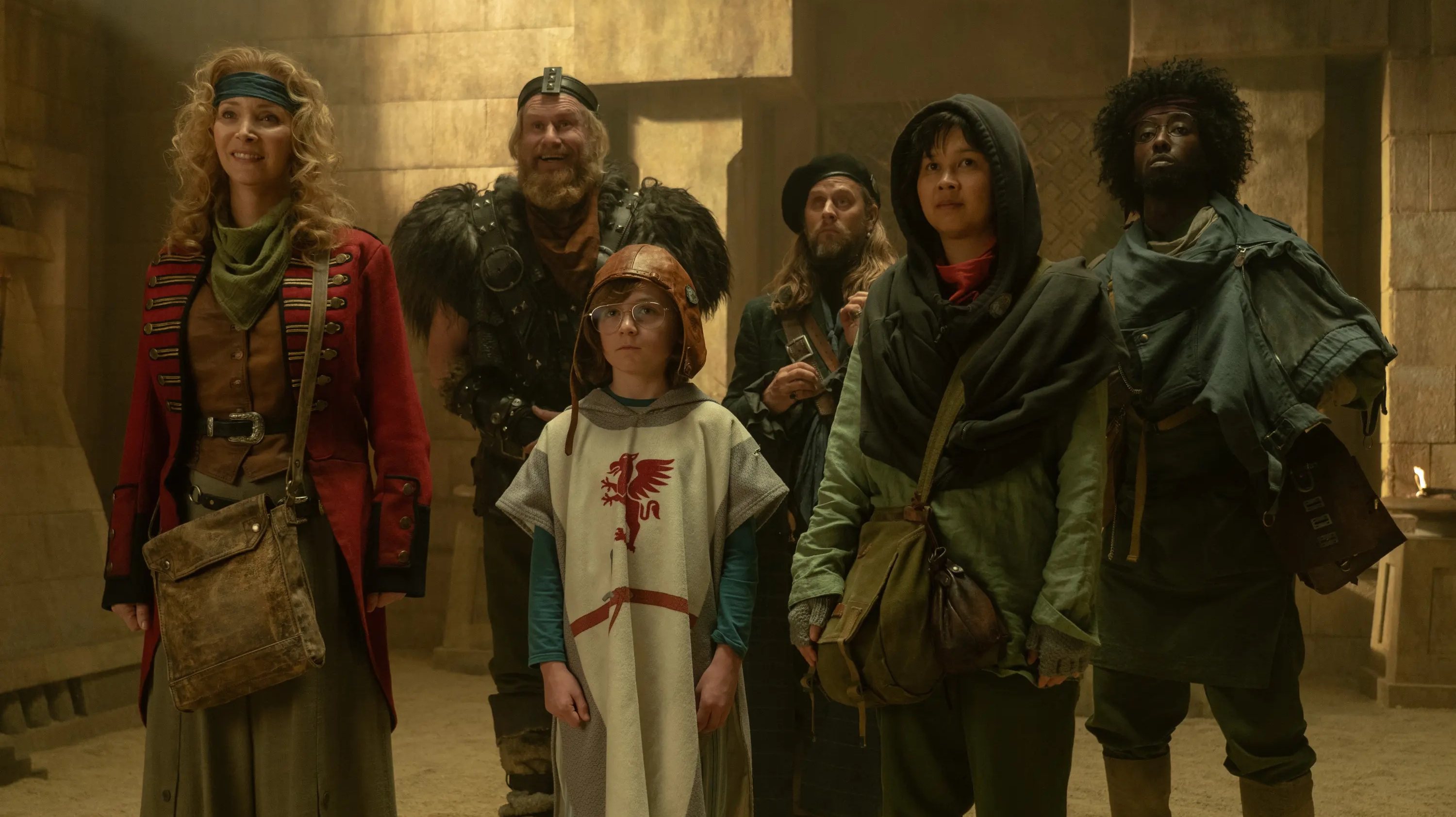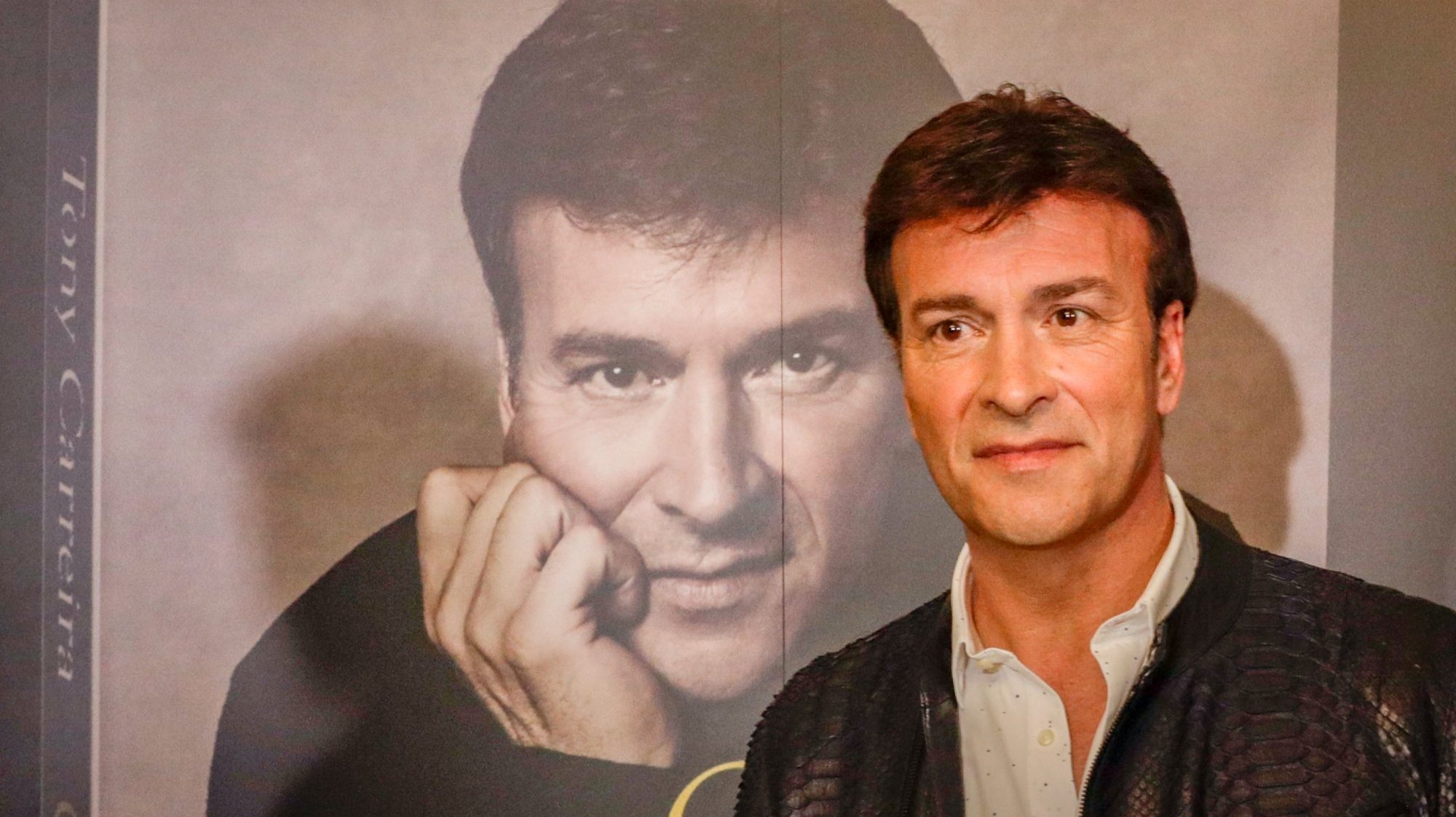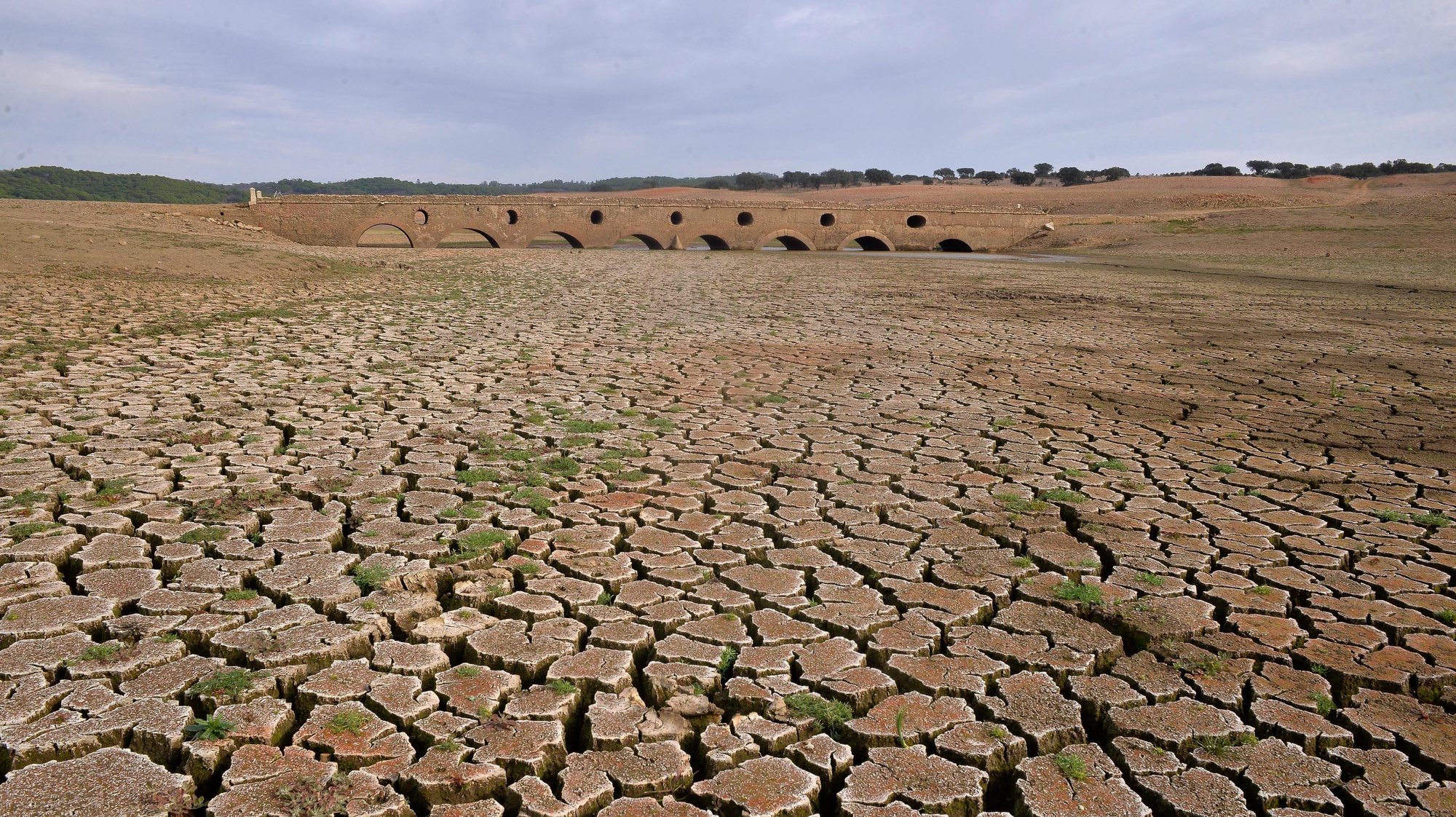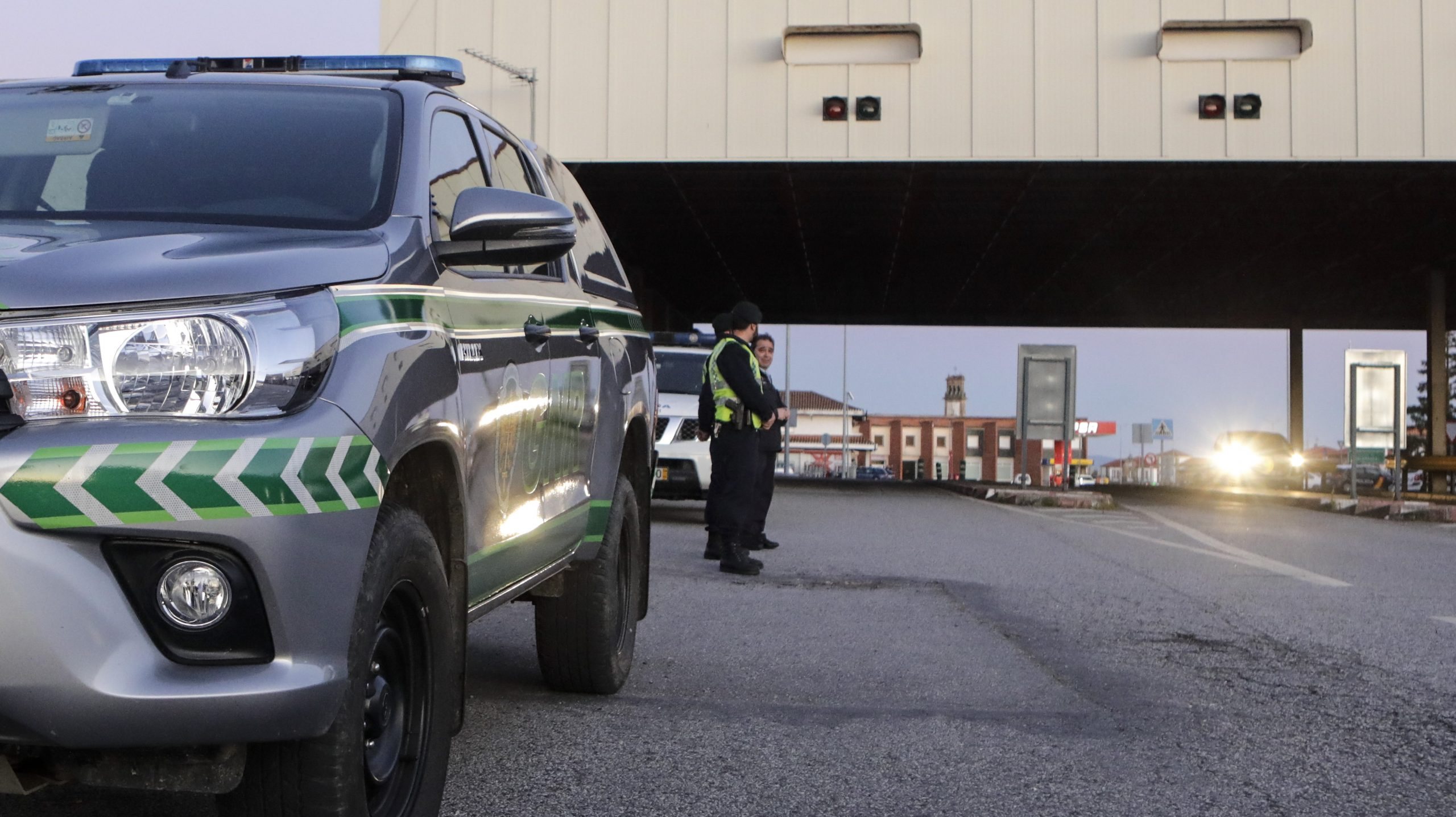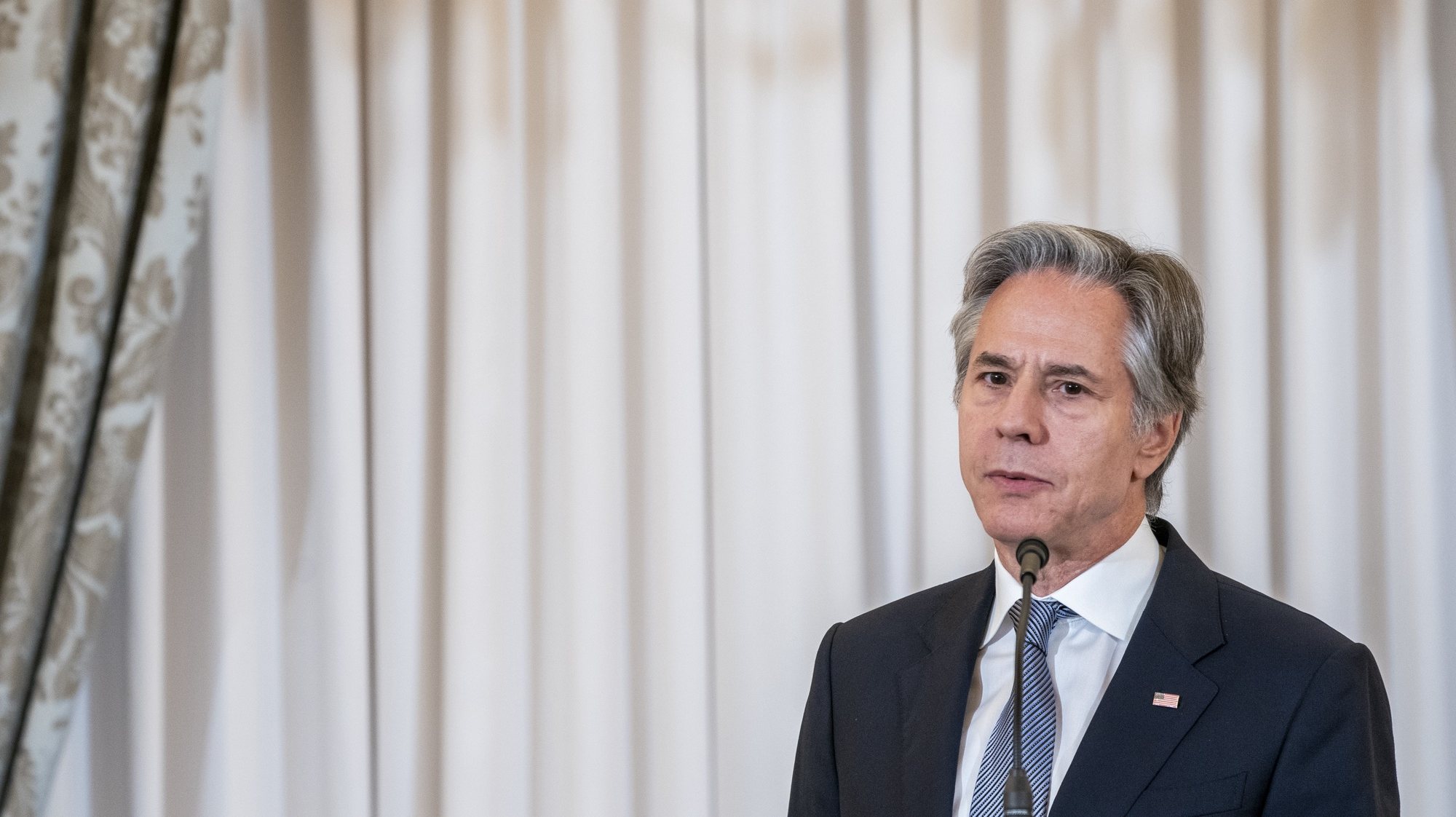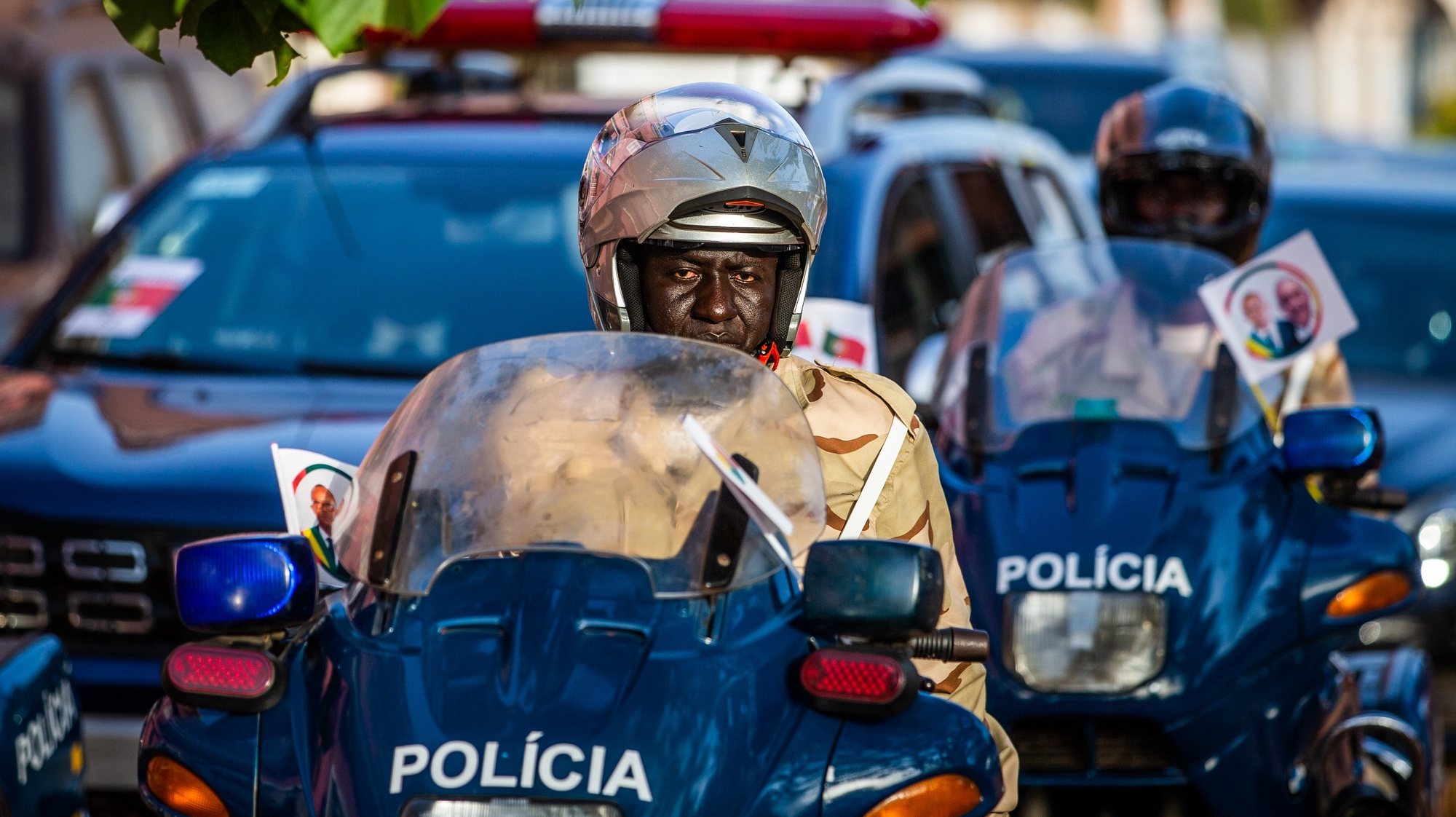Não é frequente Portugal ser notado no resto do mundo, a não ser como aquele país que actualmente tem um pouco menos de problemas financeiros do que a Grécia. É verdade que aparecem agora uns artigos nas secções de viagens dos jornais a proclamar as novas virtudes de uma “fashionable” Lisboa, mas quase nenhuma palavra sobre qualquer outra coisa portuguesa.
As vezes, ajudo uma amiga que guia turistas em Lisboa, quando lhe acontece ter um grupo demasiado grande, não vá ela perder um turista pelo caminho. Tento sempre explicar um bocadinho de história, enquanto passamos pela Câmara Municipal, pelo Terreiro do Paço, ou pelo Largo do Carmo. E sim, preocupo-me em acertar nas datas.
Mencionei um dia que um rei tinha sido assassinado no Terreiro do Paço. “Uau! Isso foi recente?”. Noutro dia, no Largo do Carmo, falei da revolução de 1974. “Vocês tiveram uma revolução? Espantoso!”. Aponto para a Margem Sul. Pergunta: “Além já é outro país?”.
Ontem, perguntei a umas turistas (como disclaimer, disse-lhes que ia escrever esta crónica, e elas concordaram em ser questionadas rigorosamente): “Sabem quem é o primeiro ministro de Portugal?”. “Não fazemos a mínima ideia. A única coisa portuguesa que conhecemos é o Cristiano Ronaldo, e nem gostamos de futebol”.
É estranho, no entanto, que quase todos tenham ouvido falar do terramoto de 1755. A história deve constar do primeiro parágrafo do guia que desfolham no avião, mas muitos saem do mesmo avião vestidos de calções e sandálias em Janeiro, e ficam espantados quando descobrem que não falamos espanhol.
Claro que nada disto é uma surpresa, porque quase ninguém lá fora sabe muita coisa de Portugal, como já aqui disse várias vezes. Para ser justa, a maior parte de nós também não sabe quase nada sobre outros países igualmente pequenos. O que sabemos, digamos, da Dinamarca, da Estónia, ou da República Checa? De qualquer modo, irrita-me esta falta de conhecimento. Portugal não está escondido, não está esmagado no mapa entre outros países maiores. É o nariz proeminente da Europa, dirigido para o mar, e foi Portugal quem cheirou muito do resto do mundo. As pessoas bem que podiam lembrar-se pelo menos disto.
Foi por isso uma agradável surpresa que, na semana passada, Portugal tivesse sido referido na imprensa estrangeira. A morte de Manoel de Oliveira foi anunciada na BBC, no Guardian, no Telegraph, no New York Times, e o mundo lembrou-se de que Portugal, sim, tem pessoas que superam a mediania. E foi uma surpresa ainda maior que, no mesmo dia, José Silva Lopes tivesse sido homenageado por Paul Krugman no New York Times.
Dois homens morreram e Portugal foi notícia. Parece estranho. Não creio que muitas pessoas, além de alguns adeptos extremos de cinema, conhecessem Manoel de Oliveira, e ainda menos que soubessem da existência de Silva Lopes, mas ambos figuraram na imprensa internacional. Acho bem. É bom Portugal ser conhecido por ter seres humanos que fizeram coisas interessantes, e que eram amados e admirados pelas pessoas da sua terra. É bom que isso seja notícia.
Mas onde está o reconhecimento dos outros seres humanos portugueses e das outras coisas portuguesas (sem ser o pastel de nata)? Há muitos portugueses a fazer muitas coisas importantes, aqui e lá fora. Nos negócios, na ciência, nas artes. Alguém fala deles? Não. Será que têm de viver até aos 106 anos para merecerem uma menção? Provavelmente.
E como é empobrecedor para Portugal e para o resto do mundo que a única notícia “boa” de Portugal lá fora seja, normalmente, Cristiano Ronaldo, aparentemente o único português vivo de que o resto do mundo ouviu falar, mesmo se não gosta de futebol.
Bem, pelo menos sempre terei muitas coisas para contar às pessoas sobre Portugal. As coisas que eles não sabem, ou seja, tudo.
Portugal exists
It is so rare for anyone anywhere else in the world to notice Portugal for much, other than, at the moment, being slightly less financially troublesome than Greece. There are a few travel pieces extolling the new and fashionable virtues of Lisbon, but barely a mention for anything else.
I occasionally join a friend who does guided tours of the city, if she has a large group of tourists, so she doesn’t lose any of them. As we walk around the city, I sketch in some historical details, as we pass City Hall, or walk through Terreiro do Paço, or Largo do Carmo, or I point towards the sea, or to the other side of the river. I try very hard to get the years right.
I mentioned to someone that Terreiro do Paço was where the king was assassinated. “Wow, was that recent, then?”. To another, I remarked on the 1974 revolution, as we walked through Largo do Carmo. “You had a revolution? That’s so cool!”. I pointed across the river one day and said “I used to live across there”. “What country is that, then?”.
Yesterday, I asked some British visitors (as a disclaimer, I said that I was writing this and they cheerfully agreed to be placed under rigorous questioning) “Do you know who the prime minister of Portugal is?”. “Nope. Absolutely no idea. All I know about Portugal is Cristiano Ronaldo, and I don’t even like football.”
Weirdly, almost everyone knows about the 1755 earthquake. I think it must be in the first paragraph of the Lonely Planet that people read on the plane, but many of them get off the same plane, dressed in shorts and sandals in January, and are amazed to find that we don’t speak Spanish,.
This all comes as no surprise, of course, as pretty much nobody from outside Portugal knows about anything about Portugal, as I might have mentioned before. Just as most of us, if I am to be fair, would struggle to name many facts about an equally small country. What do any of us know about, say, Denmark, Estonia, The Czech Republic? Still, it annoys me. Portugal isn’t hidden away, squashed between bigger more imposing nations. It’s right here, the prominent nose of Europe, sticking into the sea, and it was Portugal that sniffed out much of the rest of the world. If nothing else, it would be nice for people to be more conscious of that.
What a surprise then that, last week, Portugal got a pretty big mention in the foreign press. The death of Manoel de Oliveira was announced on the BBC, The Guardian, The Telegraph, The New York Times, and the world was reminded that Portugal is, in fact, home to some people who excel. What an even bigger surprise that, on the same day, Paul Krugman wrote about the death of Silva Lopes in the New York Times.
Two men died and Portugal got a mention. How extremely odd. I can’t imagine that anyone other than extreme film buffs knew of the existence of Manoel de Oliveira, fewer even of Silva Lopes, yet both their deaths appeared in the international press. I think this is a great thing. What’s not to love about Portugal being known for being home to actual human beings who do things, human beings who were great in their fields, loved and admired by many of their countrymen. It’s a good feeling that that is recognised.
The thing is, though, where is the recognition of any other Portuguese human beings and other Portuguese things (apart from bloody pastéis de nata) before they’re dead? There are plenty of them about. There are plenty of pretty amazing Portuguese people doing pretty amazing things here and around the world. In business, in science, in the arts. Do they get a mention? Of course not. Will they have to live to be 106 to deserve some kind of recognition? Probably.
And how impoverishing to Portugal and the rest of the world, too, that the only “good” news that is remarked upon regarding Portugal is usually about Cristiano Ronaldo, apparently the only living Portuguese person that anyone has ever heard of, even if they don’t like football.
Oh well, at least I will always have things to tell people about Portugal that they don’t know. Everything.






